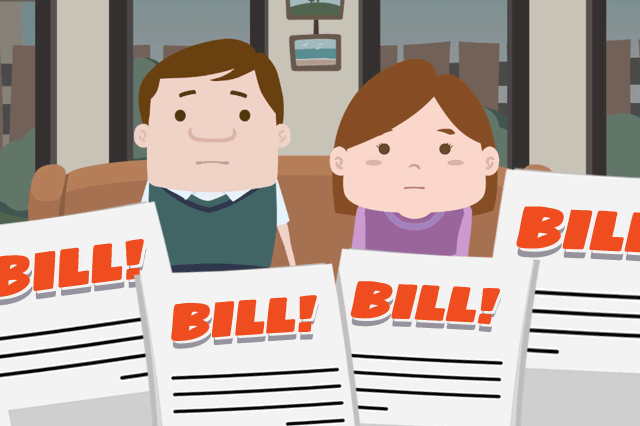Can Collection Activity Hurt Your FHA Loan Chances?

FHA loan rules in HUD 4000.1 include guidance for the lender on what to do when reviewing such credit report data and borrowers should know that not all negative credit information is equal to an automatic rejection of your loan application. Collection accounts, old late/missed payments, and other issues may or may not have an effect depending on a variety of factors including the age of the negative data.
What follows is often affected by lender standards, so it’s a very good idea to discuss your needs with a loan officer. Lender standards, state law, or other ordinances may apply in addition to what’s found in HUD 4000.1 or in some cases override or modify some aspects of basic FHA loan policy.
Consider what the rules say about collection accounts, for example. These accounts are defined by FHA/HUD rules as a borrower’s “loan or debt that has been submitted to a collection agency by a creditor”. If your lender finds collection account information on an FHA loan applicant’s credit history, the lender is required to review that information to see how much money the collection is trying to collect.
“If the credit reports used in the TOTAL Mortgage Scorecard analysis show cumulative outstanding collection account balances of $2,000 or greater, the Mortgagee must:
-verify that the debt is paid in full at the time of or prior to settlement using acceptable sources of funds;
- verify that the Borrower has made payment arrangements with the creditor and include the monthly payment in the Borrowers DTI; or
- if a payment arrangement is not available, calculate the monthly payment using 5 percent of the outstanding balance of each collection and include the monthly payment in the Borrowers DTI.”
One issue not mentioned in the quotes above? Community property issues for married couples living in states where such laws apply. What about collection accounts for those who are married and living in community property states? How would the collection account of a non-borrowing spouse in a community property state affect the applicant’s chances? According to HUD 4000.1:
“Collection accounts of a non-borrowing spouse in a community property state must be included in the $2,000 cumulative balance and analyzed as part of the borrower’s ability to pay all collection accounts, unless excluded by state law.”
Speak to a loan officer to get further clarification if this applies to you.
------------------------------
RELATED VIDEOS:
A Few Words About Bankruptcy
Analyzing Your Debt Ratio
When Do You Need a Co-signer?

Do you know what's on your credit report?
Learn what your score means.







